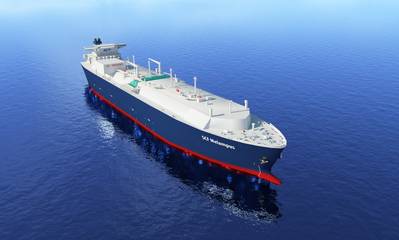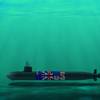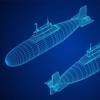Shell to Charter Sovcomflot Newbuilding LNG Carriers
Sovcomflot, signs an agreement to charter to Shell two ice-class LNG carriers following their delivery
The vessels have been ordered at STX Offshore & Shipbuilding (South Korea) and will be built with the participation of Russia's JSC United Shipbuilding Corporation (JSC “USC”). The first tanker is due to be commissioned in late 2014 and the second vessel in early 2015.
The involvement in the project of Russian shipbuilders at Novye Admiralteyskie verfi, Kotlin island will provide for the future specialised gas carrier needs of Russian oil & gas companies, for work on the continental shelf, in order to develop Arctic and Subarctic offshore fields.
Shell will play an active role in the allocation of gas-carriers to serve Russian production, which was covered by the agreement previously signed between Shell, SCF and USC during last year’s XV-th St. Petersburg International Forum. The new agreement between SCF and Shell also provides for a broadening in the range of Russian domestic components and other equipment to be used in the construction process.
The Atlanticmax Ice2 class (as per the Russian Maritime Register of Shipping) design (ca 170,000 cubic metres with a tri-fuel diesel electric power plant) with process equipment for low temperature conditions is a follow-on from an LNG carrier designed with the involvement of JSC USC and Gazprom Global LNG. The design reflects the latest requirements with respect to environmental and energy efficiency criteria, crew work, rest and safety conditions.
The vessels will be able to load gas from most existing LNG export terminals, including the facilities of Sakhalin-2, the first Russian LNG project, where Shell is a shareholder. The carriers will also be optimised to operate at the new Floating LNG facility in Australia (Prelude FLNG project), which is currently under construction for Shell.
The cargo system (reinforced membrane structure) is compliant with the requirements for harsh climate operations and has been jointly tested by experts from the Russian Maritime Register of Shipping (RMRS) and Krylov R&D Institute. GTT, the designer of the cargo system, together with JSC USC and STX are looking to introduce additional changes to the membrane’s design to achieve further reductions in the evaporation of transported gas to 0.12% per day, whilst maintaining the vessel’s high speed performance.











